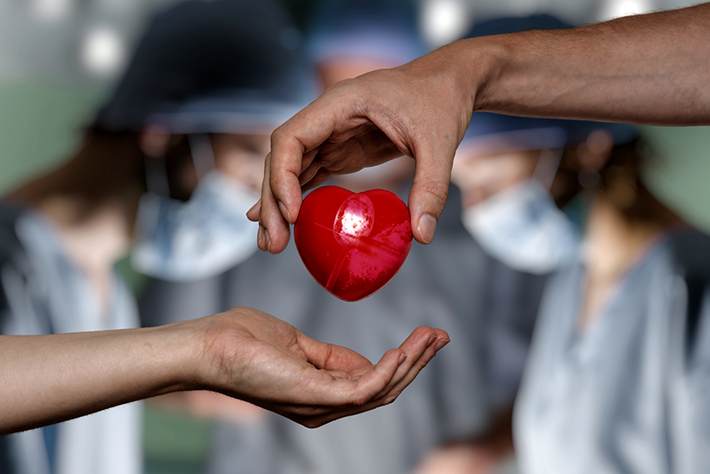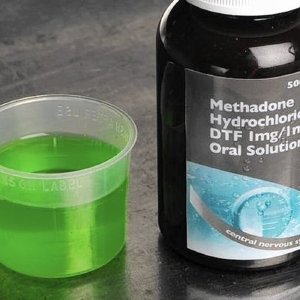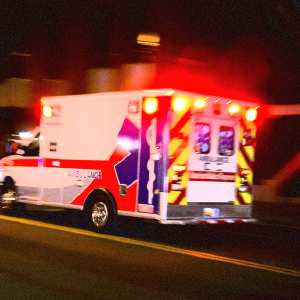Drug Overdoses and Organ Donors—A Debatable Issue

Who would have thought that the American overdose epidemic of the 21st century would have led to a “silver lining” of sorts? Yes, though sadness and misery abound as the death toll from drugs peaked sixty-four thousand in 2016, one silver lining in the morass of depression from the death toll is that there are now more organ donors dying than in previous years. Of course, the relative value of a drug addict’s organ donation is a strongly debated concept.
Across the United States, the number of organ donors who died from a drug overdose increased by about two-hundred and seventy percent from 2006 to 2015. This translates to two-hundred and thirty organ donors dying from an overdose in 2005, and a full eight-hundred and forty-eight dying in 2015. This information comes from the United Network for Organ Sharing. Some of these organ donors are part of the one-hundred and twenty-million Americans who have consented to organ donation. Some of these donors come from family members of dead addicts who consent to let the addict’s organs be used to help save another life.
In 2014, there were nineteen thousand deaths from prescription opiates alone and another ten thousand deaths from other drugs. 2015 saw more than forty-thousand deaths, and 2016 hit highest evers by a significant margin with sixty-four thousand deaths from overdoses, all said and done. Forty thousand deaths of the sixty-four thousand in 2016 were addicts who fell prey to opiates, either prescription opiate pain relievers or heroin. This is a very serious and very prevalent loss of life that the U.S. now has to contend with.
Controversy Over Addict Organ Donation
Of course, one can instantly see the prevalent controversy here. There are many who wonder at the relative value or lack thereof of an organ that comes from a dead addict. “Does anyone want an organ that could have strains of drug chemicals in it, is poisoned by addiction, or even worse, that’s carrying infections or diseases?” That’s the standard question.
However, most people will be assuaged to hear that all organs that come from recently deceased drug addicts or alcoholics are stringently tested for hepatitis C, HIV, other STIs, and drug or alcohol poisoning. There are still those who are not fully convinced that these organs are safe, but hospitals are doing their very best to relieve the concerns of the masses by publicizing test results of organs that came from deceased addicts, clearly showing that such organs are just as healthy and disease-free as organs from non-addicted donors are.
Finally Helping Others; Even in Death
According to the United Network for Organ Sharing, about eighty-thousand people in the United States are currently awaiting organs. Every day, about twenty people die while waiting for organs. Every day, about one-hundred and fifty Americans die from drug overdoses. The brutal truth is that the United Network for Organ Sharing needs all the organs they can get. People who are on waiting lists for organs and who are caught in a life or death scenario are unlikely to complain at the concept of receiving a deceased addict’s organ, especially if that organ has been thoroughly tested and cleansed of all potentially harmful chemicals prior to transplant.
The general viewpoint amongst the American populace is edging in the direction of supporting the use of deceased addicts’ organs in organ transplant programs. More and more families of deceased addicts are also signing off on organ donation. As terrible as the addiction epidemic is, at least there is this silver lining to it all.


